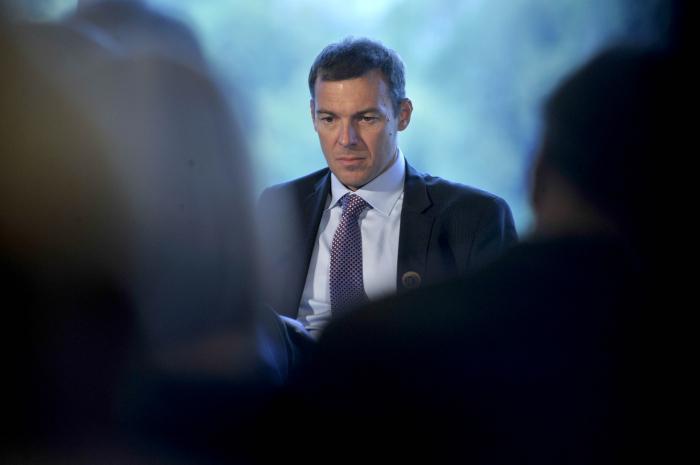According to the adopted draft budget for 2014, revenues in that year would amount to EUR 8.6bn, which is almost EUR 200m more than previous forecasts. The additional amount would mainly come from the European budget through the drawing of funds from both the existing and the new financial perspectives.
Around EUR 6.8bn is expected to flow into the budget from taxes. Those figures already include the real estate tax, which the government still needs to send to parliament. Minister Čufer said the new tax was expected to bring EUR 205m into the budget, but added that details regarding its introduction and the introduction of new tax rates were not defined yet. However only half of the sum in question will be used by the government, as the other half of the real estate tax will go into the budgets of municipalities.
Compensations and pay-outs not taken into consideration
Expenditure in the coming year is expected to stand at EUR 9.64bn. The deficit will therefore stand at 2.9% of GDP, which is around EUR 1bn. Domestic spending is being reduced, while expenditure related to European funds is to rise by almost EUR 270m. An additional EUR 185m will be available for pension insurance and EUR 227m for servicing the public debt.
However the government still hasn't managed to earmark into the budget the needed almost EUR 170m in order to settle a court order related to pay imbalances. Minister Čufer was clear: "It is absolutely clear that this payment cannot be made by raising the deficit or by increasing taxes." Compensation to be paid out to the so-called “erased citizens” is also not accounted for in the budget.
The budget will now go to the National Assembly where it must be confirmed by the MPs.
The harmonization process was difficult
The coalition went through difficult times harmonizing itself for the budget. The harmonization process was long and in the middle of it the DeSUS party threatened with a coalition exit, as they strongly opposed the announced cuts in the annual bonuses of pensioners. At the same time unions strongly opposed the possibility of lowering the minimum wage.
The opposition: The proposal in unrealistic
For the first time the government also presented budget documents to opposition MPs before confirming them. Only members of the SLS and NSi parties arrived at Friday's meeting, while members of the biggest opposition party the SDS called the meeting meaningless. The opposition stated that the proposal based on over-optimistic revenue forecasts was unrealistic.


































































